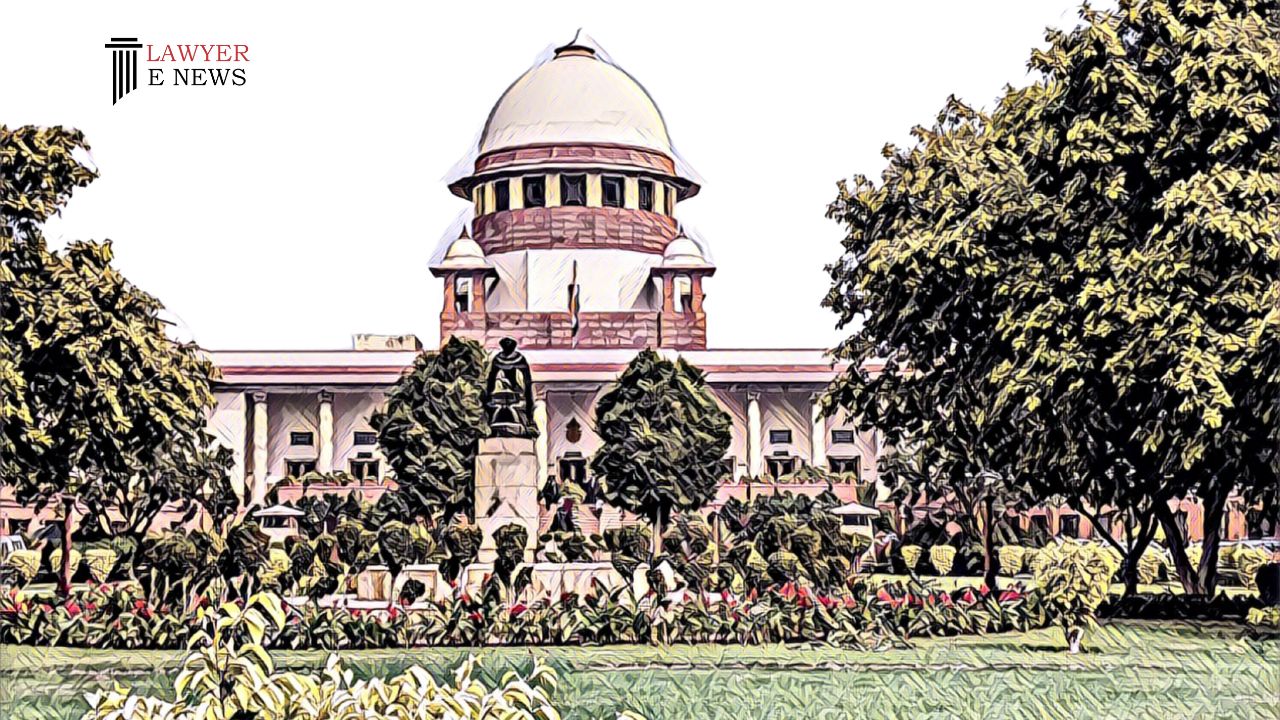-
by Admin
15 February 2026 5:35 AM



The Supreme Court recently delivered a significant judgment regarding the execution of a compromise agreement and the principles governing the finality of legal settlements. The Court scrutinized the validity of a property sale compromise and addressed the objections raised under Section 47 of the Code of Civil Procedure, 1908 (CPC).
The appellants challenged the Rajasthan High Court’s decision which had declared a property sale agreement and a subsequent compromise decree void, making the trial court’s decree unexecutable. The High Court had accepted the respondent’s objections, which contested the executing court’s decision on grounds of alleged joint ownership and lack of involvement by Defendant No. 2 in the compromise. The primary issues revolved around the legitimacy of the compromise agreement, the execution of the court’s decree based on it, and the role of Defendant No. 2 in the property ownership.
The Court noted that Defendant No. 2, despite being a party to the original sale agreement, had no ownership rights over the property and had consistently acknowledged this in previous legal proceedings. It was established that Defendant No. 1 was the sole owner, which justified the compromise agreement being made without Defendant No. 2’s involvement.
Repeated legal challenges to the compromise and its execution were highlighted as abuses of the legal process. The Supreme Court emphasized the importance of respecting the finality of court decisions and agreements that have been judicially scrutinized and upheld in successive judgments.
The objections raised by the respondents were found baseless as the compromise had clearly stipulated the responsibilities of each party, including the execution and registration of the sale deed. The Supreme Court noted that all procedural requirements were fulfilled, contrary to the High Court’s findings.
The Supreme Court allowed the appeal, set aside the High Court’s judgment, and restored the order of the Executing Court, affirming that the compromise was legally sound and executable. The Court dismissed the objections under Section 47 CPC, upholding the integrity of the compromise agreement and the original terms set forth therein.
Date of Decision: April 22, 2024
Rehan Ahmed (D) Thr. LRS. Vs. Akhtar Un Nisa (D) Thr. LRS.
